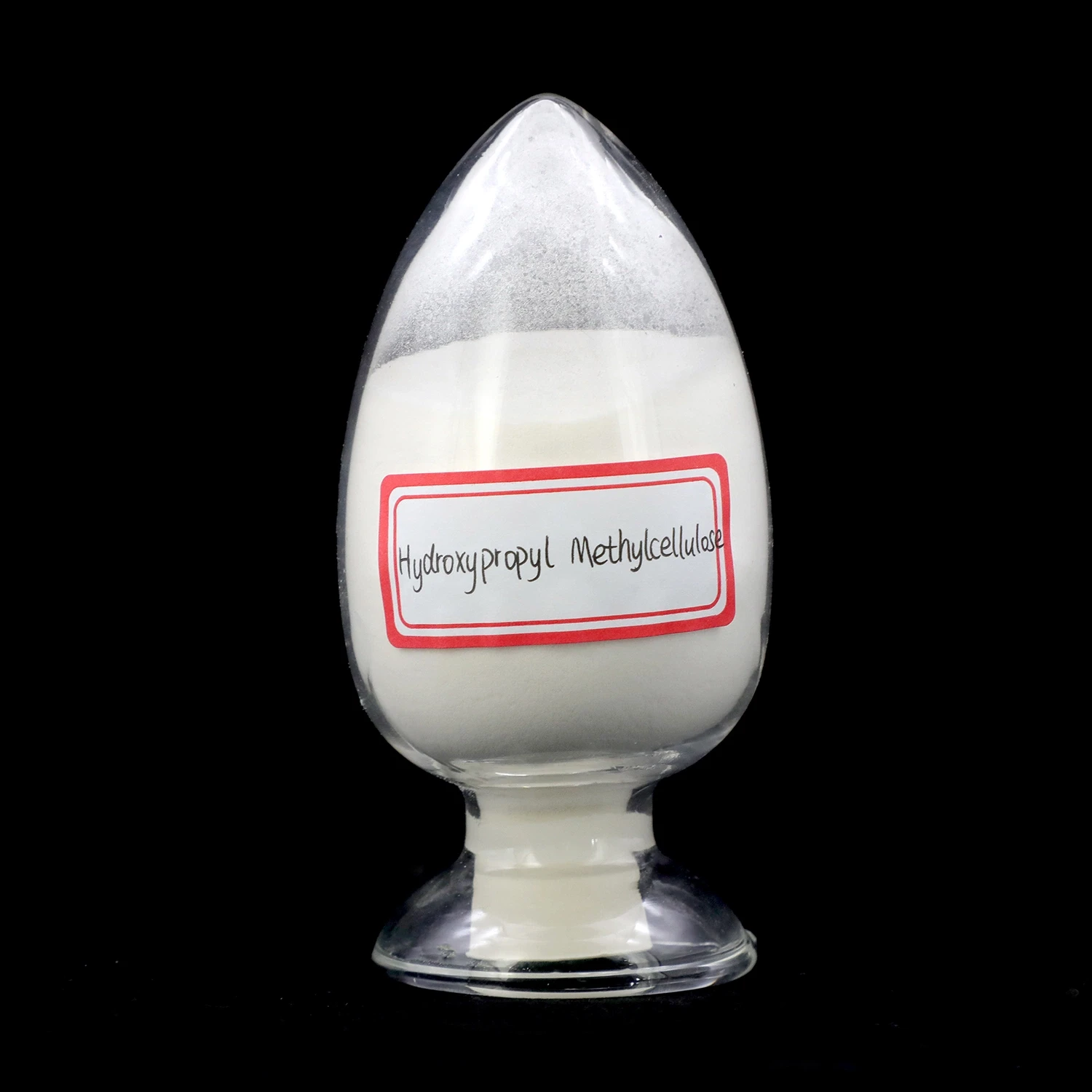



Anionic Polyacrylamide Powder Applications and Benefits in Water Treatment and Agriculture
Anionic Polyacrylamide Powder Applications and Benefits
Anionic polyacrylamide (APAM) powder is a highly versatile synthetic polymer known for its exceptional properties and wide range of applications in various industries. Its anionic nature, which translates to a negative charge on the polymer chain, allows it to perform effectively in flocculation, sedimentation, and viscosity modification processes. This article delves into the characteristics, applications, and advantages of anionic polyacrylamide powder.
Characteristics of Anionic Polyacrylamide
Anionic polyacrylamide is primarily derived from acrylamide monomers and sodium acrylate. Through a process known as polymerization, these monomers are chemically bonded to form long chains, resulting in a powder that showcases high molecular weight and solubility in water. The anionic charge of APAM facilitates its interaction with cationic and neutral substances, enhancing its efficacy in various applications. The degree of charge density and molecular weight can be adjusted during synthesis, allowing for customization to meet specific needs.
Applications of Anionic Polyacrylamide
1. Water Treatment One of the most significant applications of anionic polyacrylamide is in water treatment processes. It acts as a flocculant in municipal and industrial wastewater treatment, promoting the aggregation of suspended particles. This enhances the sedimentation process, making it easier to purify water and ensure compliance with environmental regulations.
2. Mining and Mineral Processing In the mining industry, APAM is instrumental in the separation and recovery of minerals. It improves the efficiency of the flotation processes and assists in the concentration of mineral ores by ensuring better settling characteristics, resulting in higher yields.
3. Agriculture Anionic polyacrylamide is increasingly used in agriculture as a soil conditioner. It helps to reduce soil erosion, improve water retention, and enhance soil structure. By promoting better aeration and water infiltration, APAM contributes to healthier plant growth and improved crop yields.
4. Oil and Gas Industry In oil extraction processes, APAM serves as a viscosity modifier and enhances the efficiency of enhanced oil recovery techniques. Its ability to increase the viscosity of water improves its displacement capabilities in oil reservoirs, leading to higher hydrocarbon recovery rates.
anionic polyacrylamide powder

5. Textile and Paper Industries APAM is also used in the textile and paper manufacturing processes. In textiles, it acts as a sizing agent to improve the strength and quality of fabrics, while in paper production, it aids in the retention of fine fibers and fillers, enhancing the overall paper quality.
Benefits of Anionic Polyacrylamide
The use of anionic polyacrylamide powder offers numerous benefits across its various applications
- Enhanced Efficiency APAM significantly improves the efficiency of processes such as sedimentation and filtration, leading to time and cost savings in industrial operations.
- Environmental Compliance With strict regulations surrounding wastewater discharge, APAM helps industries meet environmental standards, minimizing the impact of their operations on the ecosystem.
- Cost-Effectiveness Its ability to enhance product yield and reduce waste in mining and oil extraction processes translates to considerable cost savings for businesses.
- Sustainability In agriculture, APAM promotes sustainable practices by improving soil health and reducing the need for chemical fertilizers and pesticides, aligning with modern agricultural practices aimed at environmental stewardship.
Conclusion
Anionic polyacrylamide powder is a remarkable polymer with diverse applications that significantly enhance various industrial processes. Its unique properties, such as high solubility and the ability to improve flocculation and sedimentation, make it an invaluable asset in water treatment, mining, agriculture, and more. As industries increasingly seek sustainable and efficient solutions, the demand for anionic polyacrylamide is expected to continue growing, making it a critical component in the progression of modern manufacturing and environmental practices. Whether in enhancing oil recovery or promoting sustainable agriculture, APAM stands out as a solution for better efficiency and environmental compliance.
-
Why Sodium Persulfate Is Everywhere NowNewsJul.07,2025
-
Why Polyacrylamide Is in High DemandNewsJul.07,2025
-
Understanding Paint Chemicals and Their ApplicationsNewsJul.07,2025
-
Smart Use Of Mining ChemicalsNewsJul.07,2025
-
Practical Uses of Potassium MonopersulfateNewsJul.07,2025
-
Agrochemicals In Real FarmingNewsJul.07,2025
-
Sodium Chlorite Hot UsesNewsJul.01,2025










